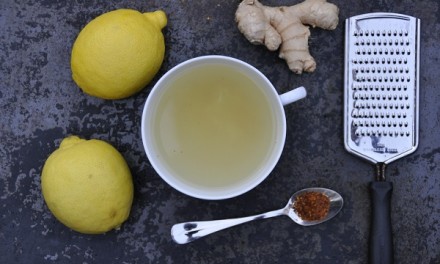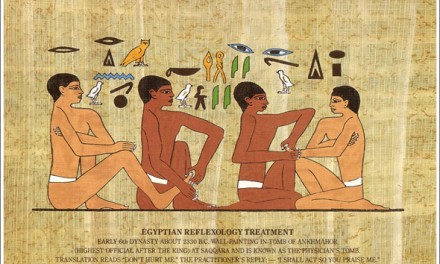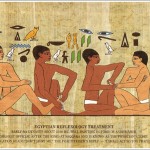Meditation can modify the effects of strenuous exercise. Intense training and heavy exercise have been linked with a damping down of immune system activity, leaving some athletes more vulnerable to infections. It’s thought that this may be because of a link with stress – heavy exercise stimulates the release of stress hormones (such as adrenaline) into the bloodstream. This can be useful and positive – giving you an extra edge of energy. But above a certain level, your body thinks it’s in a dangerous ‘fight or flight’ situation, such as our ancestors might have encountered while hunting down the supper.
In this scenario, two main things seem to happen – firstly, the body is geared up to carry out an intensive burst of physical activity. Secondly, it prepares itself for potential injuries. Now, it’s actually beneficial to have your immune system turned down somewhat after an injury – there’ll be less inflammation. So, if you have a grueling training schedule, your body may respond by suppressing immune system activity.
If stress is a factor in inhibiting athletes’ immune systems, would a stress-reducing technique offset the effect? Norwegian researchers recently put this to the test. Twelve male runners were recruited – all were exercising regularly and taking part in at least one running competition longer than 10,000 meters per year. The men were then randomly divided into two groups of six. One group was taught a seven-week meditation course, using a meditation technique whereby a simple sound is repeated for 30-minute sequences. The other group (the control group) didn’t practice any kind of meditation or relaxation technique..
Six months then elapsed before clinical investigations took place – the meditators continuing to practice the meditation technique regularly over this time. To test if this was having any effect, the researchers decided to focus on measuring selected types of white blood cells before and after exercise. The test exercise was a standard VO2max test performed by running on a treadmill. A blood sample was drawn immediately before and after the run.
Measurements focused on ‘T cells’, a type of white blood cell made in the thymus; their duties include fighting viral infections. Total T cell count was measured, together with two T cell subsets – ‘helper’ T cells, which kick the immune attack into action, and ‘suppressor’ T cells, which inhibit the immune response. Both helper and suppressor T cells are needed, but if the ratio of helpers to suppressors gets too low, vulnerability to infection will increase..
In this study, the number of suppressor T cells increased in both groups immediately after strenuous exercise. But there was a significantly smaller increase in these cells for the runners who had been practicing meditation. The helper:suppressor ratio was also higher for this group, although this did not reach statistical significance. The results therefore gave a good indication that meditation can modify the effect of strenuous exercise on the immune system, preventing the large increase in suppressor cells seen in athletes not using a stress reduction technique.
(E. Solberg et al, ‘Meditation: a modulator of the immune response to physical stress?’, British Journal of Sports Medicine, vo. 29(4), pp255-257)
Article by the late David Spence
Further Topics of interest under this section :









Trackbacks/Pingbacks